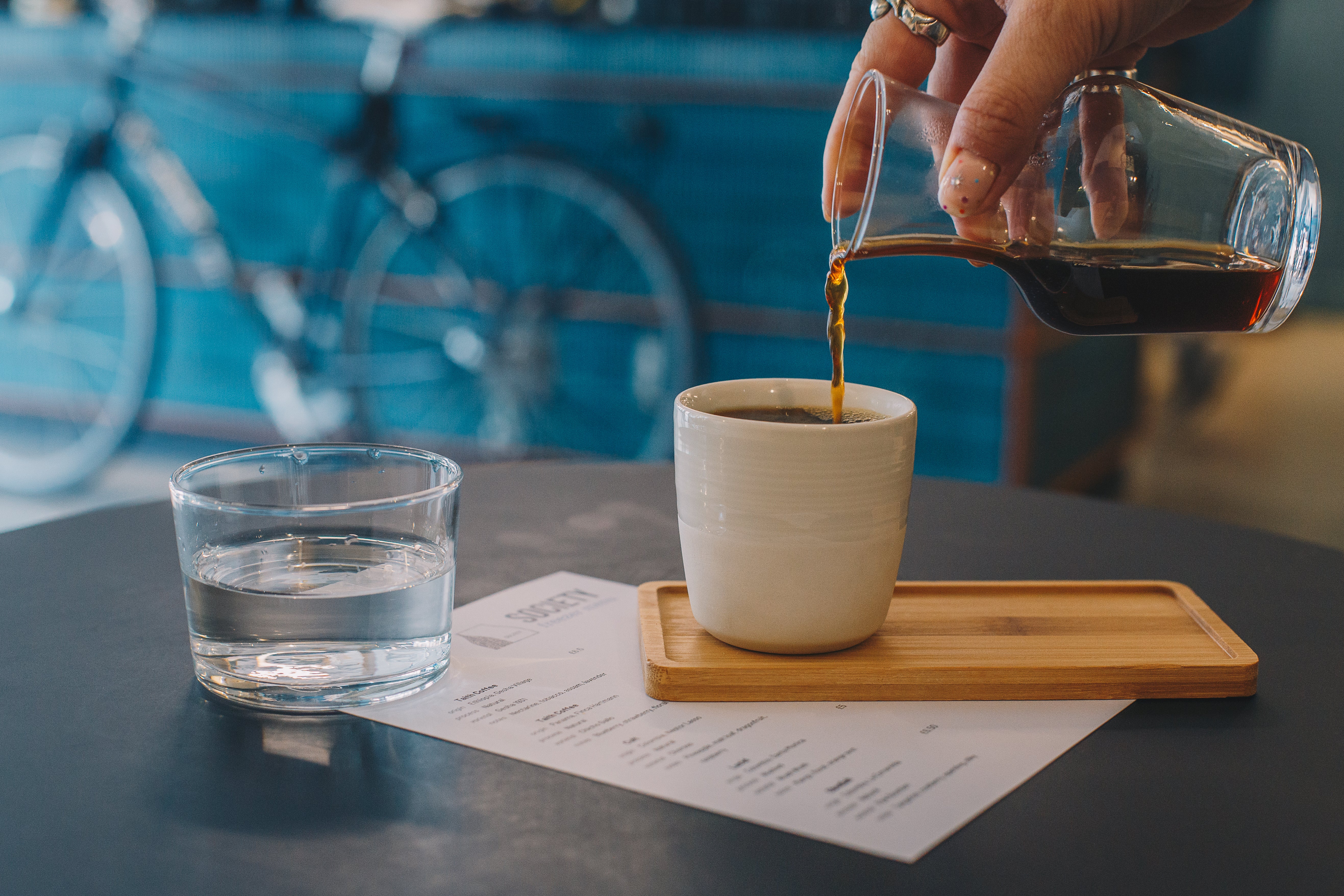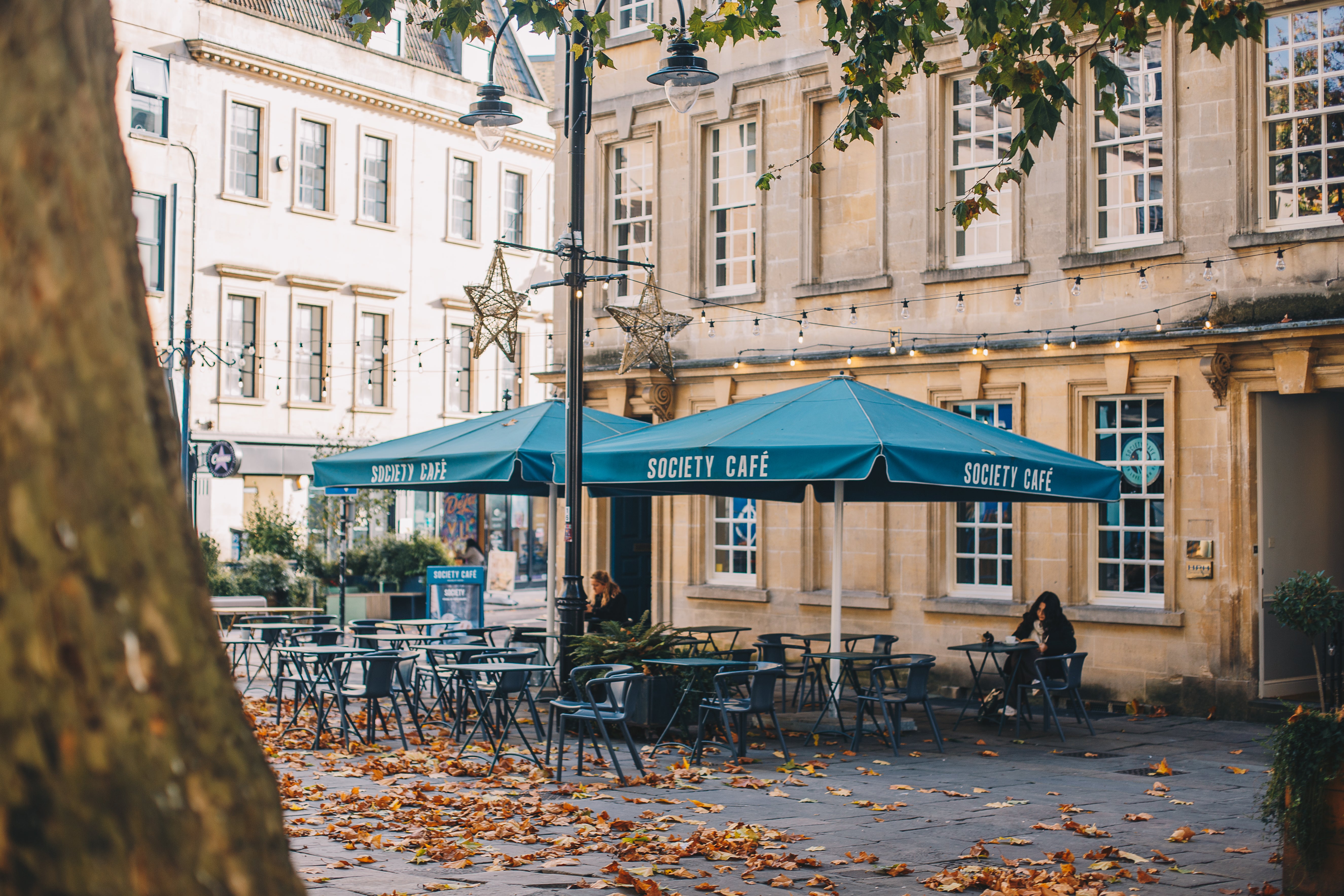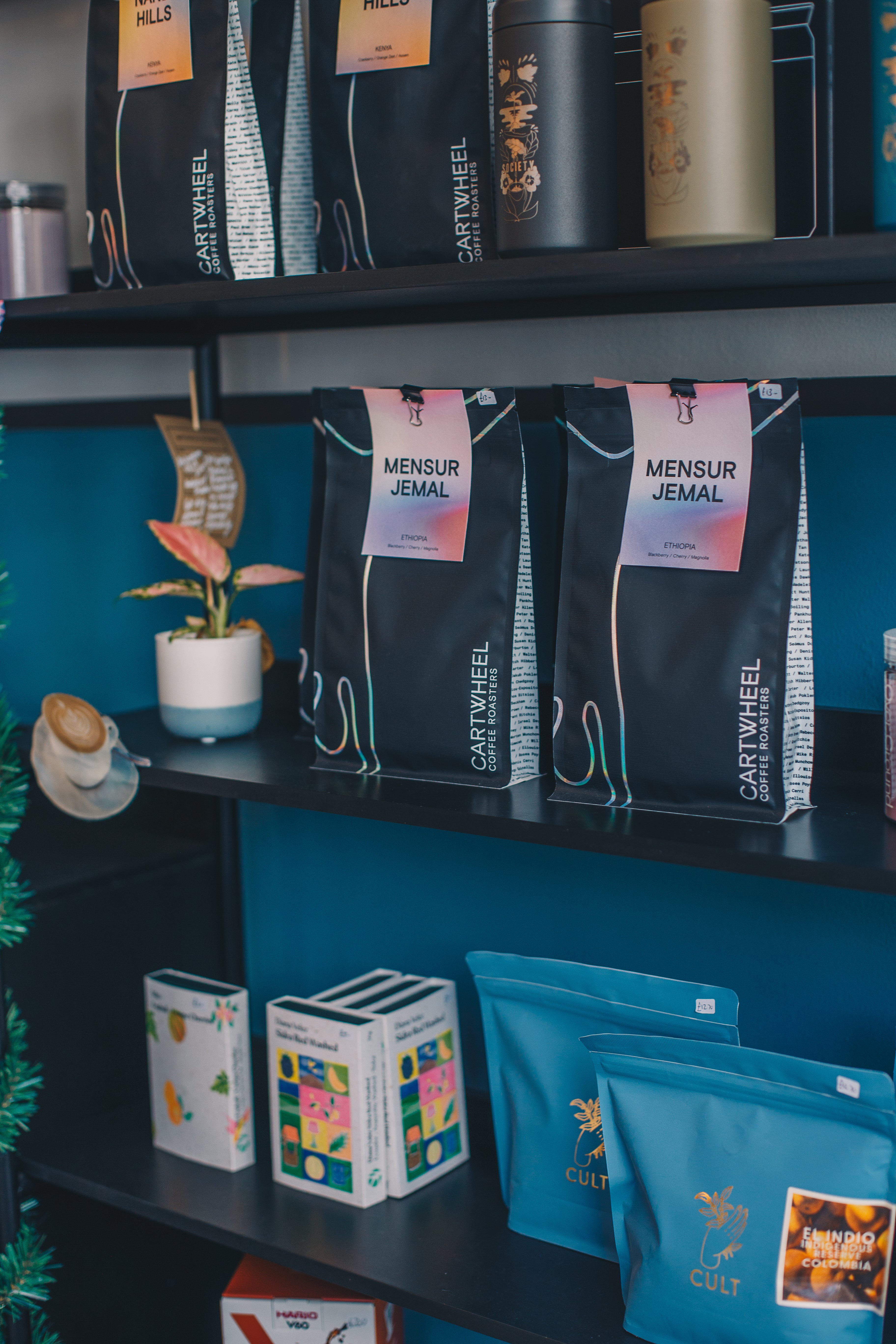
How Direct Trade Coffee Impacts Biodiversity. A Case Study in Brazil by Michaela Tomchek
Coffee, as we know it, is one of the most traded commodities in the world.
Unbeknownst to all, however, is that coffee is the crop that could actually facilitate a global change, reinforcing biodiversity within some of the most bio-diverse areas of the world. This is achieved by enforcing agro-ecological practices such as incor- poration of native vegetation, utilization of pollinators and natural pest predators and taking advantage of natural benefits from surrounding ecosystems.
To justify this claim, I decided to focus my study on how coffee and the decisions made by farmers can help improve certain ecological aspects of agriculture. Additionally, I evaluated how two different coffee markets may cause a difference within the decision- making process involved in coffee farms.
The study was focused on farms in the South of Minas, and Mogiana regions of Brazil. I spent time with two organizations: Cooxupé, a large cooperative comprised of thousands of coffee farmers trading coffee within the conventional market; and SMC, a Direct Trade exporting organization trading speciality coffee directly from Brazil to speciality roasters throughout the world.
I was able to visit various farms associated with Direct Trade and farms associated with the conventional coffee market to understand the decision-making pro- cess within both types of farms. I sought to under- stand whether or not Direct Trade and the presence of speciality roasters and green buyers had an impact on the decision-making process within coffee farms.
In order to understand this, I conducted eighteen interviews with Brazilian coffee farmers, eight of which were associated with Cooxupé and the conventional coffee market, ten of which were associated with SMC and Direct Trade.
After meeting the amazing families and farmers while exploring the most beautiful farms surrounded by lush forests and soaring toucans – I was able to make a few discoveries regarding coffee farming in Brazil and the decision-making process.
Direct Trade farmers were more likely to have more adapted agricultural practices with a better understanding of agro-ecology. In 1965, a Brazilian Legis- lation was passed known as the Forest Code which required that each farm designate 20% of his or her land as a Legal Reserve. This was to ensure that native flora and fauna was protected whilst the agricultural industry grew. This is how coffee farmers are able to not only continue to produce coffee but also preserve biodiversity.
Direct Trade farms were more likely to not only have this Reserve, but also more likely to have larger Legal Reserves. The Legal Reserves were then able to provide the coffee farms with natural benefits such as pollination, wind breakers, natural pest predators and soil nutrients from native vegetation.
Farmers associated with speciality coffee and Direct Trade had a better understanding of the balance and equilibrium between nature and coffee yet the awareness for this balance was growing within the conventional coffee farms, as well.
Growing coffee requires a wealth of knowledge, experience, a set of values and an understanding for the surrounding ecosystems. In order to be successful, a farmer must be able to make the necessary decisions to trade within the coffee market. A farmer must also have a certain quality of coffee to be able to trade within the speciality coffee market – which requires more knowledge, care, time and the creation of relationships with speciality roasters.
When coffee is directly traded with speciality coffee roasters, it not only ensures that the coffee grown is of high quality, but also ensures that the coffee is grown with a consideration for the environment.
Coffee farming is complex and in order to produce high quality coffee, a farmer must take advantage of the natural benefits within his or her farm.
My experience allowed me to not only learn about the production of coffee but also understand the social and environmental aspects regarding coffee growth.
Speciality coffee shops are able to highlight this change by providing customers with coffee from places like the areas I visited in Brazil where farmers utilized natural benefits from surrounding ecosystems to achieve a higher-quality of coffee.
Globally, consuming speciality coffee is, in a way, sup- porting the protection of biodiversity, the reduction of chemicals, and the improvement of the agricultural industry.
Thank you for visiting Society and for supporting the speciality coffee industry and for helping the environment.
Written and study by: Michaela Tomchek

